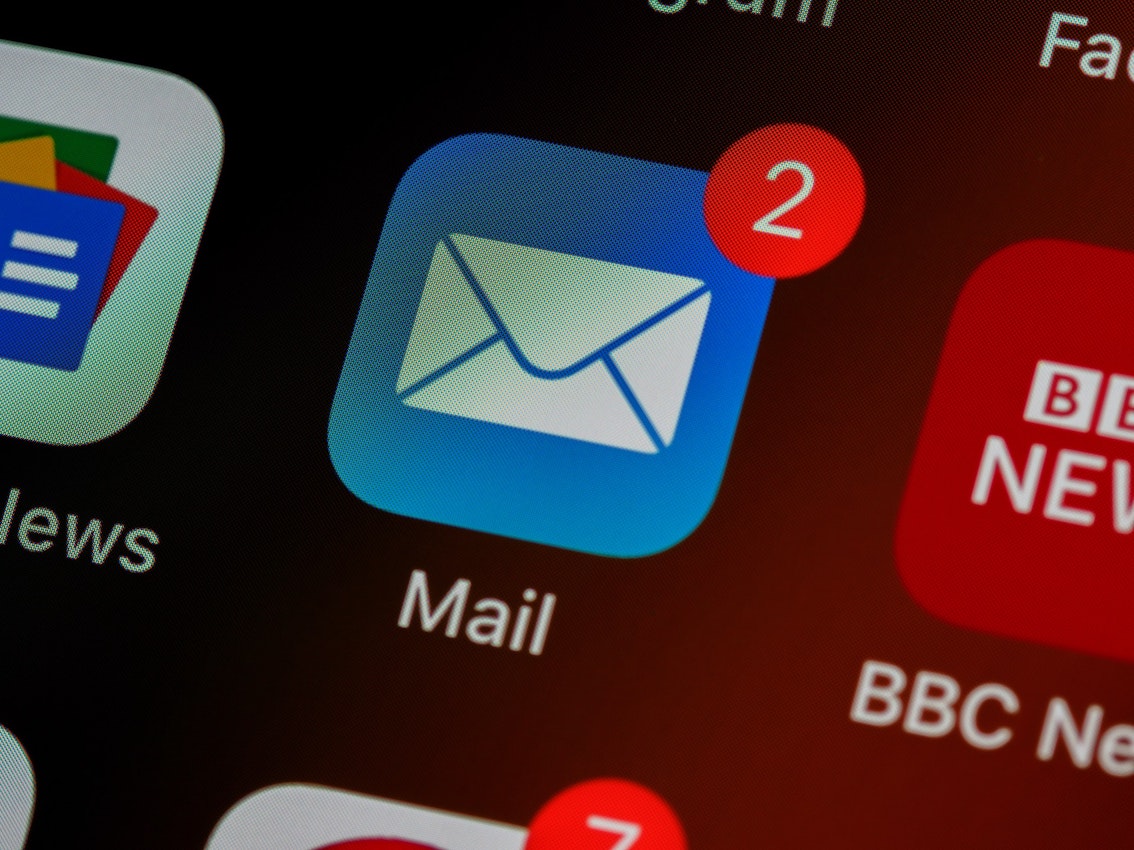Managing Conflicts Through Email, Why Is It So Tempting!
The Communication Struggle in The Workplace
There is no doubt without the use of electronic communication through emails the ability to operate hybrid working between the home and office millions of businesses around the world would not be able to operate. This was highlighted during the Pandemic lockdowns; it would have been next to impossible to operate and manage business without the use of email as a mode of communication. Whether you are checking emails on your desktop, mobile, tablet or on several devices at the same time, there is little escape from the written word through electronic communication.
There is no question communication is easier now than it was even 10 years ago. Compared to a century ago, modern communication is a breeze. Successful communication, by which ideas and responses are transmitted with both proper meaning and understanding, must be considered in an alternative fashion.
Businesspeople around the world rely on emails as to the most fundamental business tool, it is the most consistent and frequent form of communication that has experienced misunderstandings in meaning, intent or detail because you can’t see the faces or hear the voice to get an immediate response, therefore lacking in contextual clues.
Conflicts through email can have consequences well beyond the moment. Team leaders and managers dealing with workplace conflict must understand how electronic and voice communication can exacerbate an already unpleasant situation.
An overactive inbox can be an astonishing drain on productivity, there is an illusion that if you clear your emails, this counts as real work, however it is more likely a replacement to face to face communication and part of the communication cycle. Emails can be the source of unnecessary conflict within teams.
Does Email escalate conflict?
The written word is an art form that requires a richness of skill, when we write, our communication is “less nuanced” meaning that what we say can be easily misinterpreted. When we speak in person we use our posture, tone of voice and facial expressions, all of which are missing from written messages.
It is difficult to judge the tone or emotions in the conversation, one can use punctuation, however this may be interpreted incorrectly due to lack of tone as the sender often has little idea how the receiver could be reacting and therefore does little to correct it.
In a recent paper called “E-Mail Escalation: Dispute Exacerbating Elements of Electronic Communication” Raymond A. Friedman associate professor of management at Vanderbilt University and Steven Currall professor of Entrepreneurship at Rice University jointly explored how the structural features of email make it more likely that disputes will escalate when people communicate electronically compared to when they communicate face to face or via the telephone. The study found that email escalates disputes to irresolvable levels and even damage senders and receivers’ relationships.
Emails are a fundamental tool of business and used to organize meetings, manage virtual teams, discuss proposals, and solve problems, or as increasingly seen the cause of contention as email is being used as a vehicle to communicate and the mode of choice to communicate about disputes
In conflict there are two sides of understanding the same event, each side has its own motivations and priorities. As such, any sentence will be interpreted in two different ways, especially if that sentence is written or spoken without attention to detail. This is important to consider when in a conflict.
It is possible for each side to state their case, offering their perspectives on any issue being discussed, without arguing against the other side’s case. In most situations, the conflict is not black or white, but shaded. For communication to be effective, it should not colour the shaded opinions with inflammatory words or phrases. Such communication is counterproductive.
Some useful tips to deescalate email communication

It is not uncommon to enter into lengthy email communication and exchange opinions through email which can either end up further exasperating a situation or one party completely refusing to engage with the other any further as they have had enough of the “war of words”.
Often a simple question or request by email can end up resulting in chapters of Tolstoy’s War & Peace, with long philosophical arguments as to why someone is right or wrong, had the same conversation taken place face to face it is unlikely to escalate to heightened emotions.
The difficulty with emails are that there is a limit to how one can express their emotions, even the most accomplished wordsmiths would struggle to debate over why someone should work over lunch before the next strategy meeting without the intention of escalating tensions because the other person feels they are being taken advantage of.., quite often the outcome is not the one that is intended.
Below are a list of practical tips you can take to deescalate the tensions while working in a hybrid environment;
7 tips to deescalate tensions
- Pick up the phone instead of typing long emails
- Use empathy in your language and tone
- Walk in their shoes (not literally, try to see their point of view)
- Meet your team regularly to build the rapport
- Have one to one reviews and team building exercises
- Listen carefully
- Stay focused
Summary
Email communication is a fundamental tool of business and a tool that allows many to work remotely and “check-in” to the office when travelling or multi-tasking, it is the communication of choice in business. Alternative tools such as real time chat apps such as Slack and MS Teams have enabled an alternative option to have a “real time” online conversation, however this has not replaced email communication.
It is important to be mindful of the use of email in business communication and how you are building rapport with the person you are communicating with. We are a little way off from complete online communication, as human behaviour requires connection and empathy enables connection, the tone is also key. It may appear to be old fashioned these days, to build connection speaking on the phone or meeting face to face can go a long way to managing a situation rather than through email alone.
WHO ARE MINUTE MEDIATION?
Mediation has undoubtedly become an evolving reality today. The demand for trusted mediators has also been rapidly increasing. So, if you are also struggling with a dispute due to email communication or a conflict situation in the workplace, don’t panic anymore.
Minute Mediation Ltd is experienced in facilitating disputes and finding the best possible solutions to help you and your partners find common ground and resolve issues.
So what is the wait for?
Get in touch with us because every minute counts!

